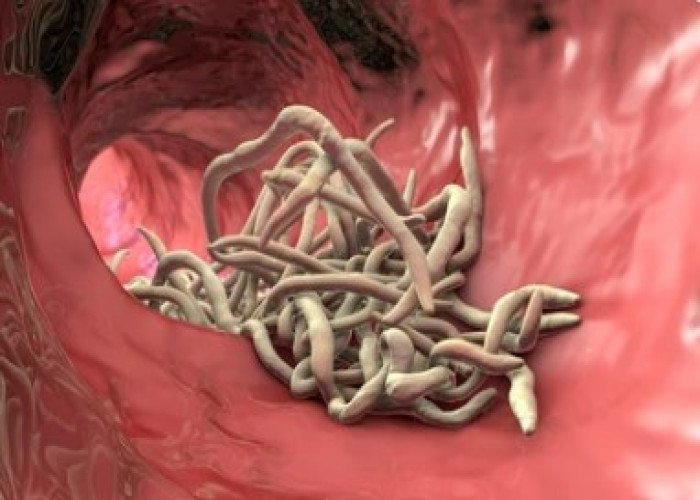 Welcome
Welcome
“May all be happy, may all be healed, may all be at peace and may no one ever suffer."
Rheumatism - Yoga remedies
Rheumatism is a general term used to describe a range of conditions that affect the joints and surrounding tissues. It is a term that is no longer commonly used in medical practice, as it has been replaced by more specific diagnoses such as osteoarthritis and rheumatoid arthritis.
Symptoms of rheumatism can vary, but often include joint pain, stiffness, and swelling. Other symptoms may include fatigue, muscle aches, and fever. The severity of symptoms can also vary, ranging from mild discomfort to debilitating pain and loss of mobility.
There are many different types of rheumatic conditions, including:
- Osteoarthritis: A degenerative condition that affects the cartilage in the joints, causing pain and stiffness.
- Rheumatoid arthritis: An autoimmune disease in which the body's immune system attacks the joints, causing inflammation, pain, and damage.
- Lupus: An autoimmune disease that can affect many different parts of the body, including the joints, skin, and organs.
- Gout: A type of arthritis that is caused by the buildup of uric acid crystals in the joints.
- Ankylosing spondylitis: A type of arthritis that primarily affects the spine, causing stiffness and pain.
Treatment for rheumatism depends on the specific diagnosis and severity of symptoms. Treatment options may include medication, physical therapy, and lifestyle changes such as exercise and weight management. In some cases, surgery may be necessary to repair or replace damaged joints.
Prevention of rheumatism includes maintaining a healthy lifestyle, such as exercising regularly, eating a healthy diet, and avoiding smoking and excessive alcohol consumption. It is also important to protect the joints from injury and to seek prompt medical attention if symptoms of joint pain or stiffness occur.

Loss of appetite

Fever

Typhoid

Edema

Ripe hair and beard

Urinary tract infection

Constipation

Worm
Rheumatism, বাতরোগ
To be happy, beautiful, healthy, wealthy, hale and long-lived stay with DM3S.

